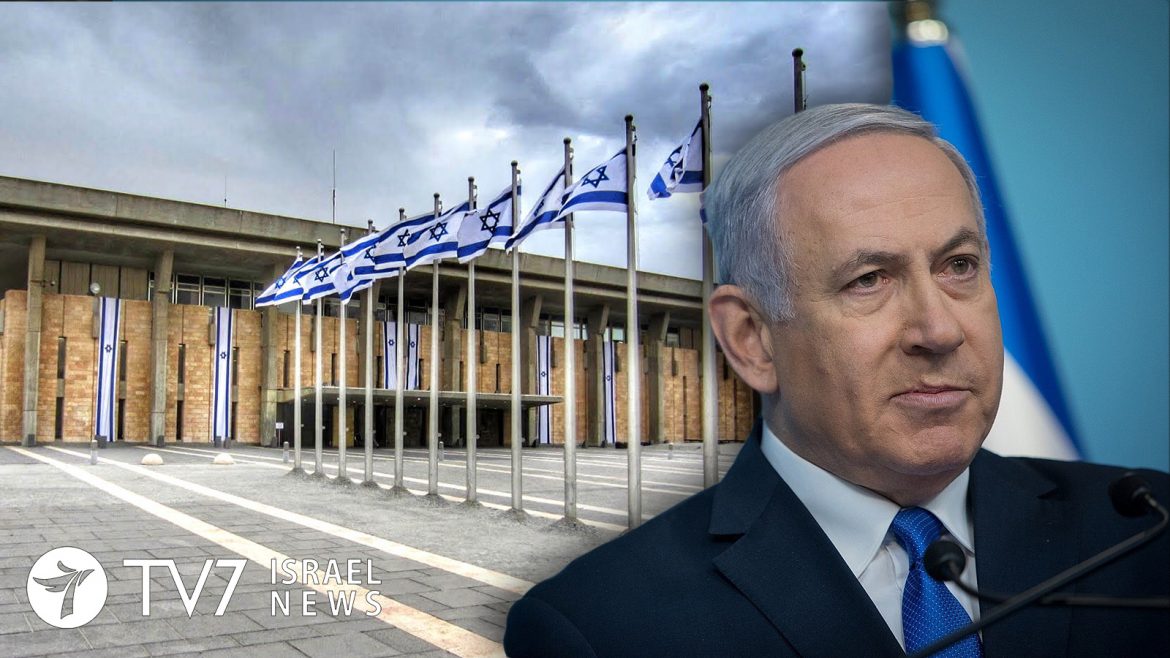Political Career of Mr. Benjamin Netanyahu Prime Minister of Israel
Mr. Benjamin Netanyahu, one of Israel’s most popular and divisive politicians, has had a career that spans decades and reflects the country’s changing political, security and economic landscape. His political journey has been marked by multiple terms as Israel’s prime minister, controversial alliances and a mix of domestic and foreign policy shifts. Here’s his story.
Benjamin Netanyahu Early Life and Politics
- Benjamin Netanyahu was born in 1949 in Tel Aviv, Israel and spent part of his childhood in the US where his father, a historian, taught at universities. Netanyahu served in the Israeli Defense Forces (IDF) as a member of the elite Sayeret Matkal special forces unit. His time in the military shaped his approach to security and defense, a theme that would dominate his political career.
- After the military Netanyahu went back to the US where he studied architecture and business at the Massachusetts Institute of Technology (MIT) and briefly at Harvard. His education abroad and time in Israel gave him a different perspective that he would later bring to the world stage. He entered public service in the 1980s as Israel’s Deputy Chief of Mission to the US and later as ambassador to the UN.
- Rise to Power: Likud Leadership and First Premiership (1996–1999)
- In the early 1990s Netanyahu climbed the Likud party ranks, a center-right party in Israel. In 1993 he won the Likud leadership and became the face of the party and the voice of opposition to the Oslo Accords which aimed to bring peace between Israelis and Palestinians. Netanyahu’s stance was one of skepticism to negotiations, a position that resonated with many Israelis who were worried about the security risks of giving up land.
- In 1996 after the assassination of Prime Minister Yitzhak Rabin Netanyahu won Israel’s first direct election for prime minister, beating Shimon Peres by a hair. During his first term he took a hardline stance on security issues, fighting terrorism and Israeli security. But he faced opposition within his coalition and couldn’t get support from both right and left wing parties. By 1999 he had lost the public support and Ehud Barak of the Labor Party defeated him in the next election.
Back to Power and Consolidation (2009–2021)
- After a brief absence from the political stage Netanyahu returned to politics serving in various cabinet positions and eventually regained the Likud leadership. In 2009 he became prime minister again and started a long and dominant era in Israeli politics. This time he had a firm grip on power, partly by aligning himself with Israel’s growing religious and nationalist movements which were gaining power.
- Netanyahu’s second term was all about the US, especially under Trump. His policies focused on security, Iran’s nuke ambitions and the economy through tech and defense industries. During his term Israel normalized relations with several Arab states – the UAE, Bahrain, Sudan and Morocco – in what became known as the Abraham Accords. A huge shift in Israel’s relationship with the Arab world but the Palestinian issue was left untouched.
- Domestically Netanyahu implemented economic reforms that boosted the high-tech sector but his term saw growing inequality and cost of living. His settlement expansion in the West Bank drew both domestic and international criticism, with opponents saying it killed the two-state solution.
Legal Troubles and Political Challenges
- Throughout his term Netanyahu faced growing legal troubles. He was investigated for multiple cases of corruption – bribery, fraud and breach of trust. The cases, known as 1000, 2000 and 4000, involved accusations that Netanyahu took gifts from wealthy businessmen and made deals with media executives to get favorable coverage. Netanyahu denied all charges saying it was a “witch hunt”. But the legal proceedings have cast a shadow over his legacy and sparked massive protests.
- In 2020 Netanyahu formed a unity government with his former rival Benny Gantz during the COVID-19 pandemic. But internal disputes killed the government and another election in 2021. After a series of inconclusive elections a broad coalition led by Naftali Bennett and Yair Lapid managed to form a government and end Netanyahu’s record term as PM.
Back to the Premiership (2022-present)
- Despite the legal troubles and a brief hiatus from power Netanyahu remained a central figure in Israeli politics. In 2022 he made a political comeback and became PM again after forming a coalition with the far-right and religious parties. His comeback shows his enduring popularity and the fragmentation of Israeli politics where no party can get a majority on its own.
- Since his comeback Netanyahu is facing opposition from all sides, especially over his government’s judicial reforms that would limit the Supreme Court’s powers and give the government more control over the judiciary. The proposed changes sparked unprecedented protests across Israel with critics saying it’s a threat to the country’s democracy. Supporters see it as a necessary counterbalance to an activist judiciary.
Legacy and Future
- Netanyahu’s term is marked by his durability, his focus on security and his divisive policies. Supporters like his economic and security policies that made Israel a regional power, critics say his handling of the Palestinian issue, his stance on democracy and the judiciary is a long term threat to the country.



